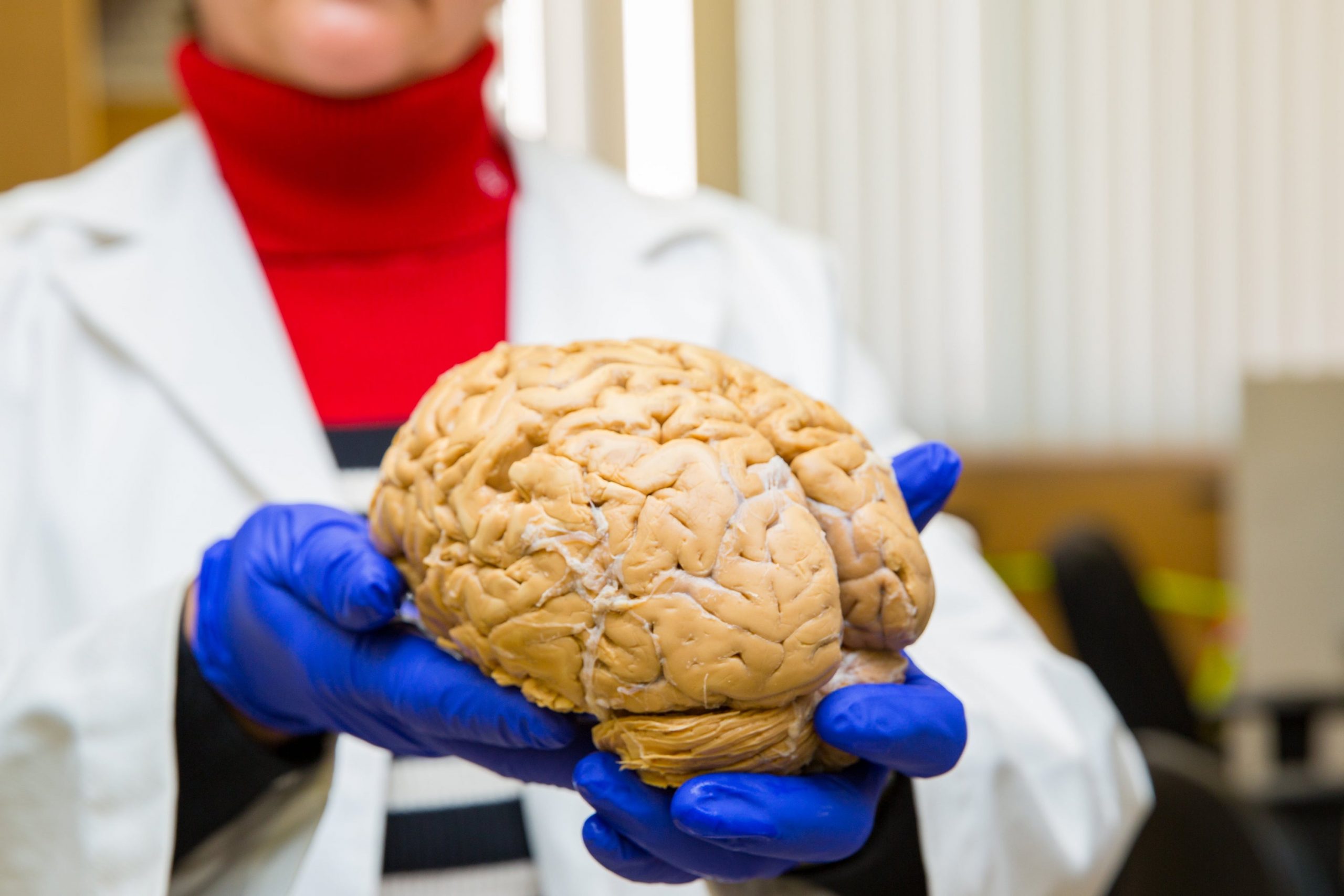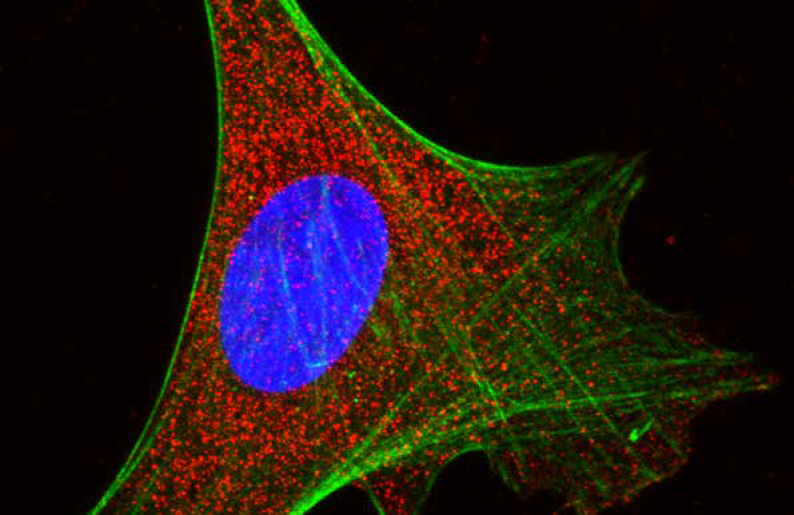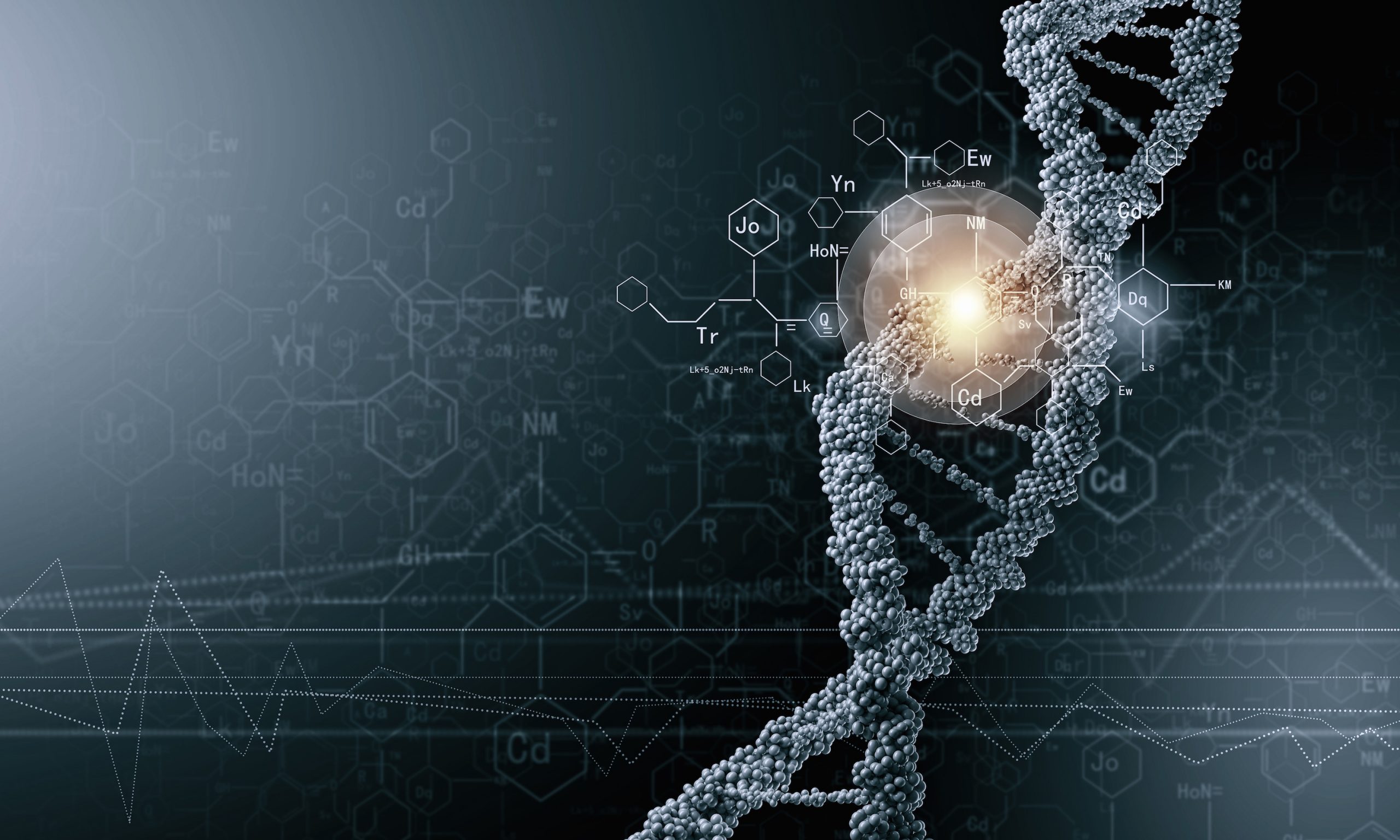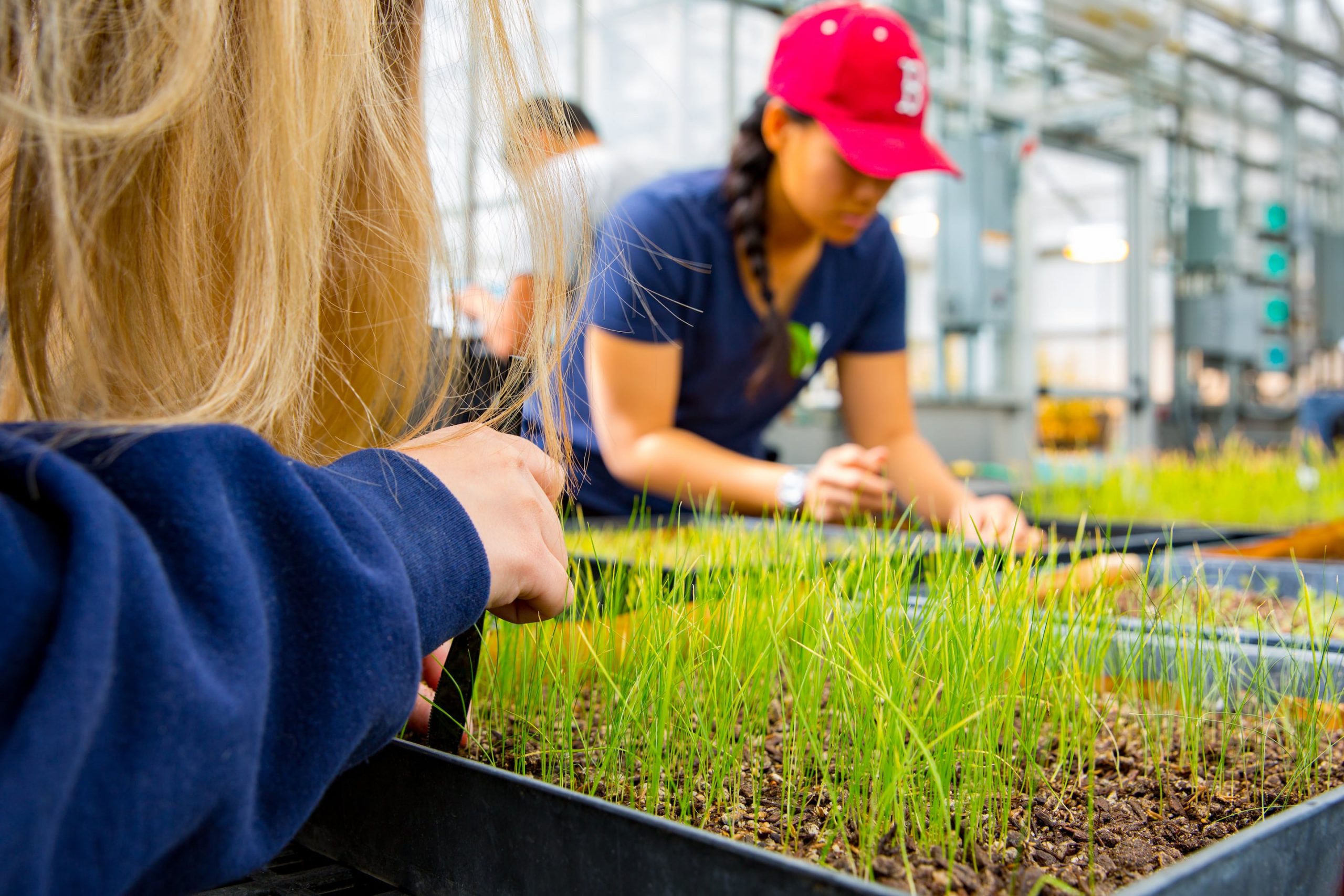Mind
Body
World
The UC Irvine Charlie Dunlop School of Biological Sciences has four departments to reflect different concepts of MIND | BODY |WORLD within the Biological Sciences. Each department ranks in the top 20 percent or higher of national institutions according to National Research Council data. Additionally, every department has a comprehensive series of core courses for undergraduates that reflect the ever-expanding field of biological sciences. The departments include: Developmental and Cell Biology, Ecology and Evolutionary Biology, Molecular Biology and Biochemistry, and Neurobiology and Behavior.
Departments of the Charlie Dunlop School of Biological Sciences

Neurobiology and Behavior
The department of Neurobiology and Behavior is ranked as one of the top neuroscience departments in the country and engages in interdisciplinary approaches to the study of neurobiology. Faculty members in the Department address questions in neuroscience at the molecular, cellular, systems, and behavioral levels. Research focuses on a range of topics including learning and memory, neurodegenerative disorders, addiction, sensory neurobiology, developmental neurobiology, and neural plasticity.

Developmental and Cell Biology
The Developmental and Cell Biology department seeks discoveries that foster a better understanding of many biological questions such as the origins of cancer development, cell repair and regrowth, and developmental disorders. Our diverse groups of researchers expose students to everything from the basic biology of stem cells to central nervous system injury and stroke, diabetes and the use of stem cell-based screens to identify novel drugs targeting cell proliferation and differentiation.

Molecular Biology and Biochemistry
The core discipline of Molecular Biology and Biochemistry is the understanding of the molecular mechanisms that underlie all fundamental biological processes. To that end the faculty of the Department of Molecular Biology and Biochemistry represent diverse research interests that include structure and synthesis of proteins and nucleic acids, gene organization and regulation, cell signaling, immunology and host pathogen interactions, biochemical genetics, cell and developmental biology, microbiology and virology.

Ecology and Evolutionary Biology
Ecology and evolutionary biology deals with the establishment of adaptations over evolutionary time and with the organismal function in ecological time. Faculty in the Department of Ecology and Evolutionary Biology study questions pertinent at a variety of levels of biological organization, from molecular aspects of evolution, to organismal structure and performance, to the ecology of ocean ecosystems.
